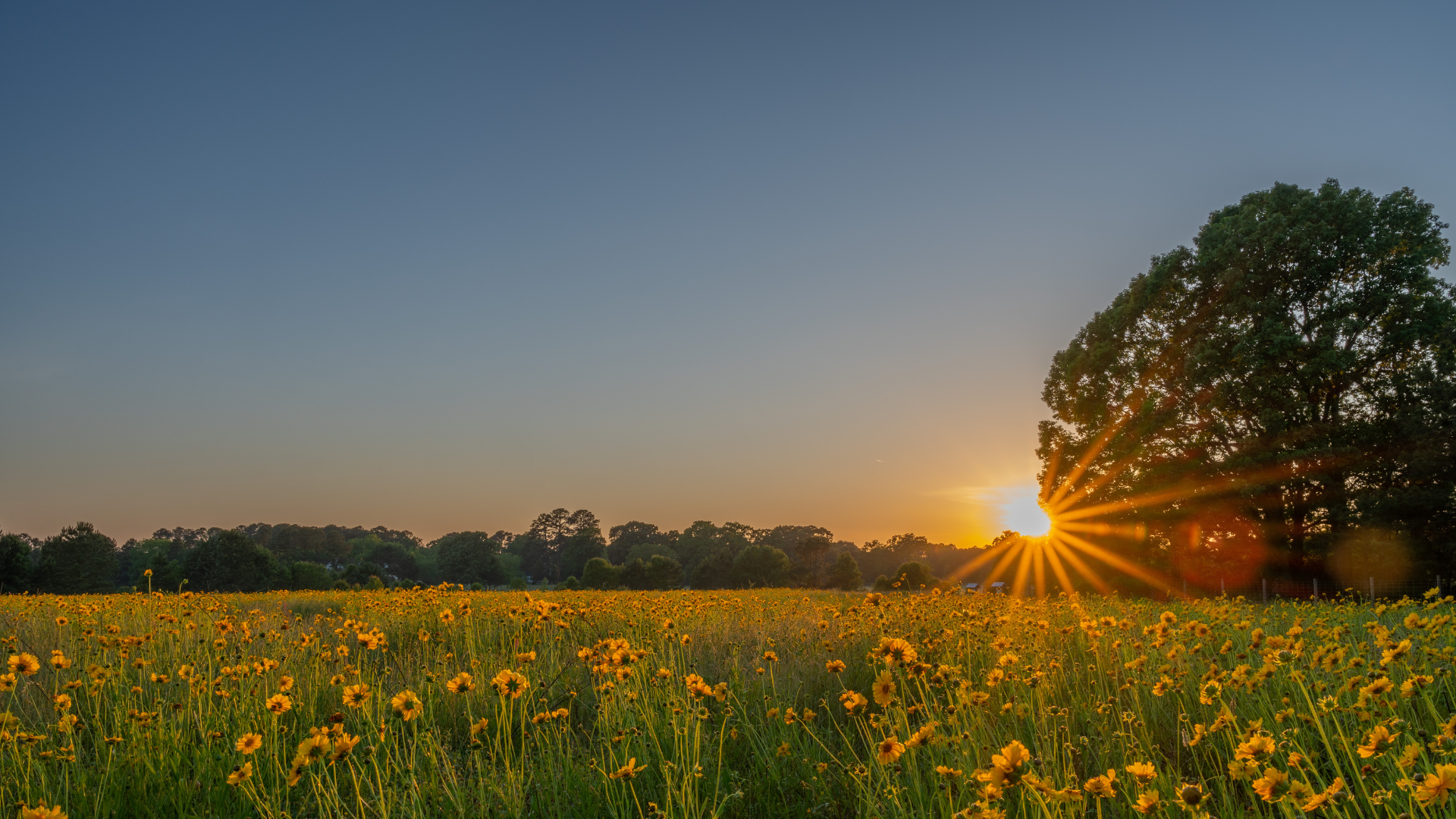
Why Conservation

Our wild and working lands are disappearing.
Once they are gone, we can’t get them back.
In North Carolina, where natural beauty and green space define our high quality of life, rapid population growth threatens the very landscapes that make the Triangle a desirable place to live. Poorly planned development puts immense pressure on clean air, drinking water, food sources, and outdoor spaces that are essential for health and recreation. As land disappears, so do family farms, biodiversity, and our connection to nature.
Supporting TLC offers a powerful way for individuals to protect both people and the planet. These challenges can seem too big for any one person, which is why it’s essential that we come together to create a safer, greener and more resilient future for the generations that will come after us.

We need to act now.
Exponential growth and development
North Carolina is one of the fastest growing states in the nation, and the Triangle has grown 70% since 2000.
Disappearing farms
By 2040, North Carolina is expected to lose 1.2 million acres of farmland – the second highest farmland loss rate in the country.
Declining public health
Child and adolescent mental health issues are increasing, and almost half of adults do not get enough physical activity to prevent chronic conditions.
Inequitable access to land and nature
75% of US communities of color lack access to safe and maintained outdoor spaces — compared with 23% of White communities.
Increase in Natural Disasters
Extreme weather events are increasing in frequency causing flooding, droughts, hurricanes, tornadoes, and massive wildfires and lower-income communities are disproportionately impacted.
Vanishing Wildlife Habitat
North Carolina is one of the most biodiverse states in the country, yet rapid development across the Triangle is destroying natural habitats at an alarming rate.
Together, we will make the Triangle a more vibrant and resilient place to live.

Safeguard Clean Water and Strengthen Climate Resilience
TLC protects wetlands, forests, and floodplains that absorb pollutants and slow downstream flooding. Well-managed farms slow run-off and sequester carbon in the soil. Every parcel of natural land that TLC protects also protects our groundwater and drinking water reservoirs that serve more than a million people.

Protect Natural Habitats
TLC’s commitment to protecting the region’s state-designated Natural Heritage Sites and wildlife corridors, along with the restoration of forests and wetlands, is crucial to protecting habitats and increasing species survival. Natural areas and well-managed forests support healthy ecosystems and balance our built environment by providing habitat for native plants and animals.

Protect Farmland and Reduce Barriers to Land Ownership
TLC is racing to secure conservation easements to protect local farms, that provide local food, protect prime soils, and provide jobs; clean our drinking water; and provide wildlife habitat. We use conservation tools like “buy, conserve, and sell” to increase farmland protection and provide land ownership opportunities for more people. Well-managed also farms slow run-off and sequester carbon in the soil.

Connect People with Nature
TLC provides more than 55 miles of walking and mountain biking trails at our public preserves, as well as hundreds of events each year designed to get people outside. Time spent in nature can lower blood pressure, enhance the immune system, increase self-esteem, and reduce anxiety. TLC’s expanded education and outreach programs are meant for everyone – especially younger and more diverse people who will champion the environment in the future.
